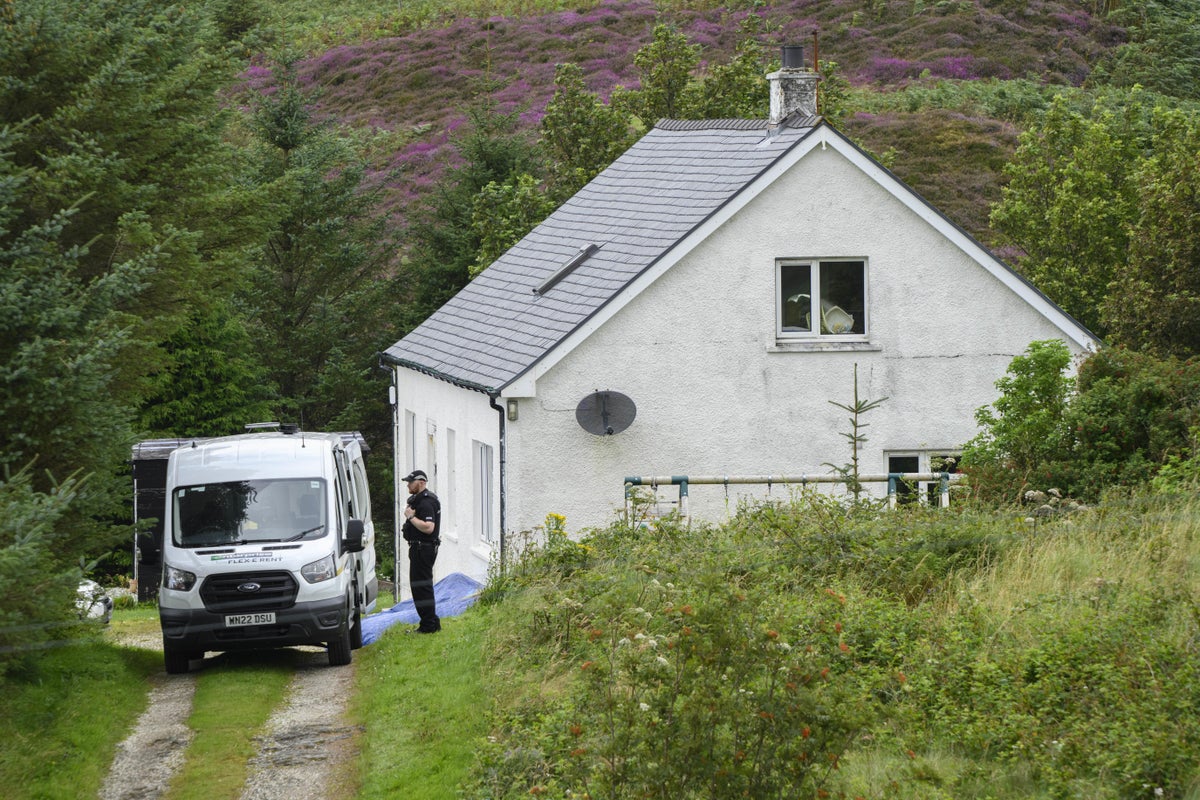
A pastor says his community has suffered from “vicarious trauma” following a series of firearm incidents in the north west of Scotland.
Reverend Gordon Matheson, from the Sleat & Strath Free Church, gave evidence to MPs on the Scottish Affairs Committee on Monday as it began its inquiry into firearms licensing.
The inquiry comes two months after John MacKinnon, 47, was killed after a firearm was discharged on the Isle of Skye.
A 39-year-old man was charged in connection with the alleged murder of Mr MacKinnon and the attempted murders of a 32-year-old woman, and a man and woman, both 63, in a series of shootings and a stabbing on the island and in Dornie, Wester Ross.
A lot of people have picked up - as you do with traumatic experiences - some of the trauma themselves and are carrying that. Even the kids in school— Reverend Gordon Matheson
He told the committee that the events in August had caused the island’s close-knit community to pick up “some of the trauma themselves”.
“There are multiple people struggling with what I think could be called legitimately as vicarious trauma, because we’re such a close-knit community,” he said.
“Everybody has a connection with these families, either through the school or through just work in the community.
“A lot of people have picked up – as you do with traumatic experiences – some of the trauma themselves and are carrying that. Even the kids in school.”
Rev Matheson said that his own daughter has become “a little bit scared to sleep in the room closest to the front door” following the attacks.
He also revealed that the suspect’s own brother and sister were not aware that he had applied for, or owned, a gun before the attacks took place, and that they were shocked to find they had not been consulted or approached for a reference beforehand.
Rev Matheson suggested that based on this, a “family input” to the firearms licensing process would be “absolutely fantastic”.
Earlier in the proceedings, Dr Michael North, founder member of the Gun Control Network, told the committee that he had previously advocated for the idea of a hotline to allow people to raise concerns about a gun owner.
Dr North, whose daughter was killed in the 1996 Dunblane massacre, said he has received “a lot of evidence” from individuals whose concerns have not been picked up on.
He also said the five-year validity period for a firearm certificate should be shortened due to the fact the individual’s circumstances could change during that time.
In a later session before the committee, MPs heard up to date figures on the number of guns and gun owners in Scotland.
Fraser Lamb, the firearms licensing adviser for the Scottish Association of Country Sports said there was just short of 170,000 firearms logged in Scotland, registered to just over 60,000 owners.
Mr Lamb told the committee: “I don’t think Scotland is awash with guns.”
When asked how groups such as his respond when there is a tragedy involving a gun, such as the incident on Skye this year or in Dunblane more than 30 years ago, Dr Colin Shedden, a director at the British Association for Shooting and Conservation said: “Inevitably, these very sad memories do have an impact on your through processes for the future – what could this mean apart from tragedy for the families involved, of course.
“But I also reflect on the fact that it is highly unusual for such an incident to take place – especially in northern Scotland – because in northern Scotland we have the highest density of firearms ownership pro rata anywhere in the UK, but it is also the area of the lowest firearm related crime.”







